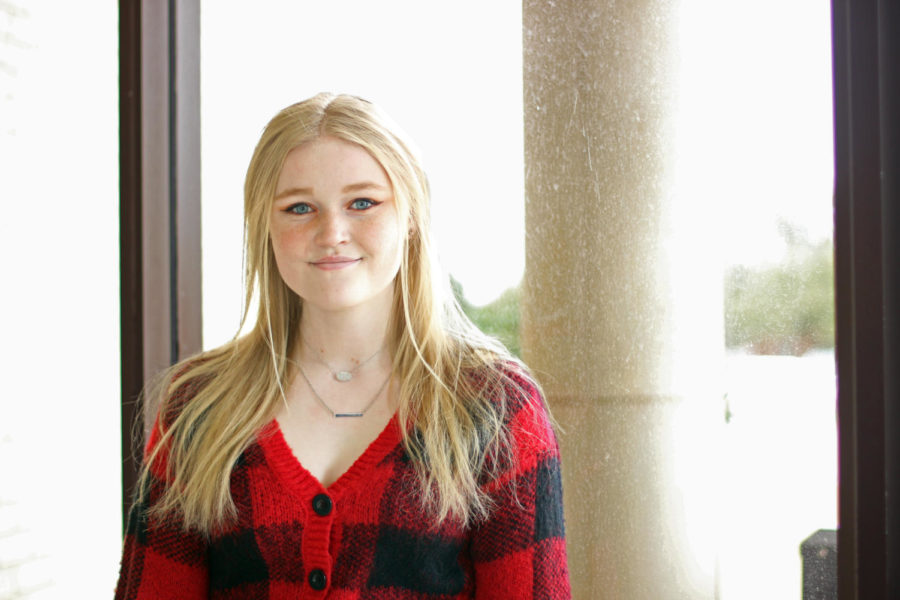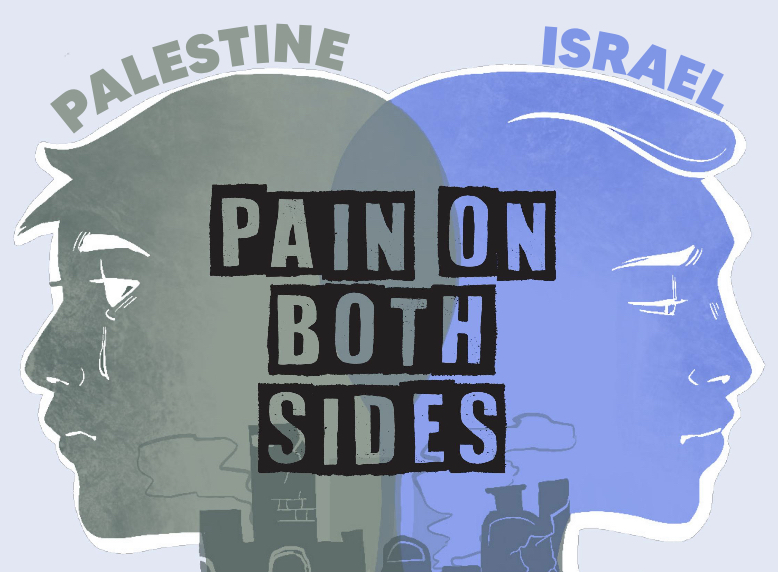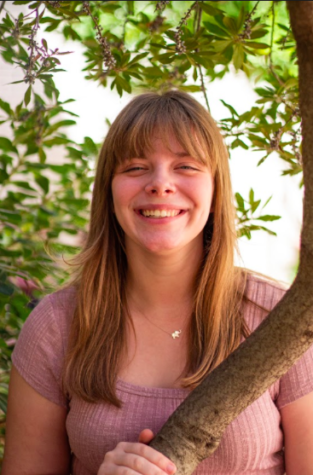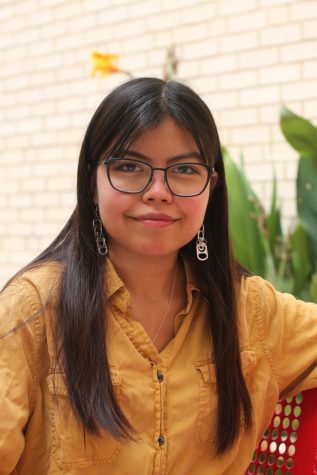Editor’s note: this story was named as an excellent feature in the TAJE Best in Texas contest. It also won third place for features in the Press Women of Texas high school contest and second place for print features in the ILPC contest.
Cool water splashed Marissa’s face as she jet skied with her coworkers Camille Hero and Dillon Baker. Already being out on the lake for a few hours, Marissa rode on the back of the jet ski behind Hero while Baker drove to the other side of the lake. Marissa’s loose grip on Hero, the strong winds and forceful movements of the water jets suddenly threw her into the water behind her.
The second she fell, Marissa knew something was off. An overwhelming weight pressed down on her abdomen. She told herself to stop overreacting, but the pain was hard to ignore.
Once they got back to shore, Baker pointed out the large amount of blood dripping from the bottom of Marissa’s suit. Hero and Baker claimed that the pressure of the water jets had started her period, but Marissa was in too much pain to listen.
“It felt like a huge stone was inside of me and wouldn’t move,” Marissa said. “My brain was going a thousand miles an hour. I didn’t know what to do or what was going on.”
Marissa rinsed herself off in a shallow area of the lake and went to her car. Agony taking over her body, she told Hero to drive her to the restaurant where they worked. Once they arrived, Hero led Marissa to the bathrooms and handed her a bottle of ibuprofen and a sanitary pad. Lightheaded and confused, Marissa frantically opened the bottle and threw her bloody swimsuit in the sink. She poured three pills into her hand. All that she could focus on was finding a way to stop the constant, heavy pain.
“I was in so much pain that I had no idea if anything was going to help,” Marissa said. “I had this feeling that I was going to pass out and die.”
Closing the door, Marissa knew her condition was worse than she thought. She was getting dizzy and the pain increased. She needed to go to the hospital.
After calling her mom, Michelle Munster, Marissa got in her coworker’s car. Speeding through stop signs and red lights, Marissa winced in pain. After meeting her mother and being transferred to another hospital, Marissa was told that she needed to be moved to a trauma center. Marissa was then quickly loaded into an ambulance. When she arrived for surgery, she noticed medical professionals, their arms covered in yellow antiseptic.
“Don’t worry,” she heard a nurse say. “We’re going to take really good care of you.”
Then everything went dark.
• • •
Marissa opened her eyes to the harsh, bright lights of her hospital room. Through blurred vision, she spotted her mother.
Tears streamed down Michelle’s face. Watching her daughter struggle to breathe on the ventilator, she began to understand how serious Marissa’s condition was.
“It was sobering,” Michelle said. “I kept telling her ‘you’re alive and there’s a purpose in this.’ I knew that we needed to trust God and that we would be there for her and get through it together.”
The doctors told them the water jets forced lake water inside her abdomen, puncturing her rectum. The doctors performed an emergency surgery to remove the contaminated water and inspect her intestines for additional injuries. Afterwards, Marissa had difficulty breathing and needed to be put on a ventilator for 24 hours. She was anemic, had to receive a spinal tap and was given a colostomy bag, which she would wear for several months. She also needed several months of physical therapy to help her walk again and get her strength back.
“It took a while for what had happened to me to finally sink in,” Marissa said. “In between calling my nurses for pain meds and asking my doctors questions, I didn’t have time to think about it. I was only focused on getting through to the next day.”

Despite the difficulties she faced, Marissa was determined to recover as fast as possible. Several weeks later when given the task of walking by herself for the first time down a hospital hallway, she moved past her checkpoint and walked an extra portion of the hall.
After each procedure, Marissa remembers being anxious to get back to her recovery schedule. While her nurses and therapists would tell her that she was in no rush, she took advantage of any opportunity to get better.
“In my mind, I could have died. So every day I wake up is another bonus day I’ve been given,” Marissa said. “I wasn’t going to waste any of those days on giving up or feeling sorry for myself.”
Throughout her recovery process, one of Marissa’s biggest support systems were her friends, as they reminded her how much others cared for her. During her visits, junior Swetha Akkineni remembers telling her friend how courageous she was, but Marissa quickly brushed it off. Swetha felt that Marissa never processed how strong she had been, as she never wanted to focus on what happened because it made her feel weak.
There is no instance in which anyone would think she was weak,” Swetha said. “Seeing it not change who she was as a person makes her one of the bravest people I know.”
Once she was cleared to go home, Marissa was ecstatic to finally be able to sleep in her own bed. However, the extensive amount of school work from the two months she had missed proved to be more strenuous than she had thought. Even though she was happy be home, not being able to see her friends was upsetting. During these times, Marissa would focus on one main point of motivation — theatre. Her only objectives were recovering and applying for Stage Manager in the annual musical. She had worked towards this since joining theatre and was not going to let a few setbacks, such as feeling insecure about her colostomy and scars, prevent her from achieving her goal of returning to school by October.
“I kept telling myself that no matter how hard it would get, I could make it through for my friends and theatre,” Marissa said.
Two months later she was chosen as Stage Manager for the full production of “The Sound of Music.”
“It was incredible,” Michelle said. “Having seen Marissa have the ability to work so hard toward something she loved was a great thing to see.”
To help her reflect on everything she endured over the past several months, all Marissa needs to do is go for a drive. On her car’s front mirror dangles a strand of over 100 colorful glass beads, so long that it has to be wrapped around twice. These beads, varying in shape and size, are a part of the Children’s Medical Hospital’s program Beads of Courage. For every surgery, transfer or visit, Marissa received a bead to represent each step she has taken towards recovery. She said having the strand of charms helps her remember to not take anything for granted.
“It’s a good reminder to have every day,” Marissa said. “To be able to physically see everything I went through sit on one string helps me tell and understand my own story.”











